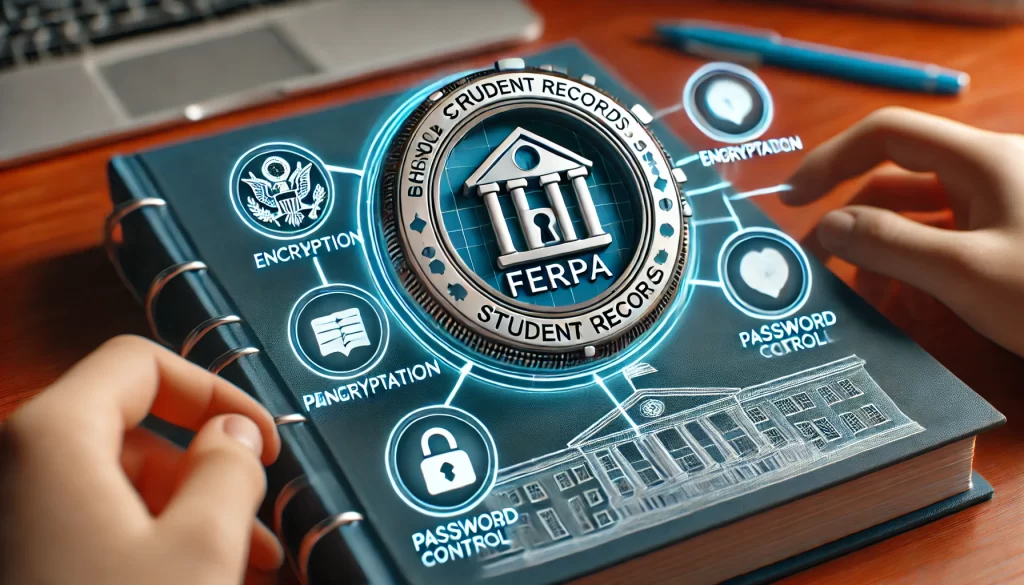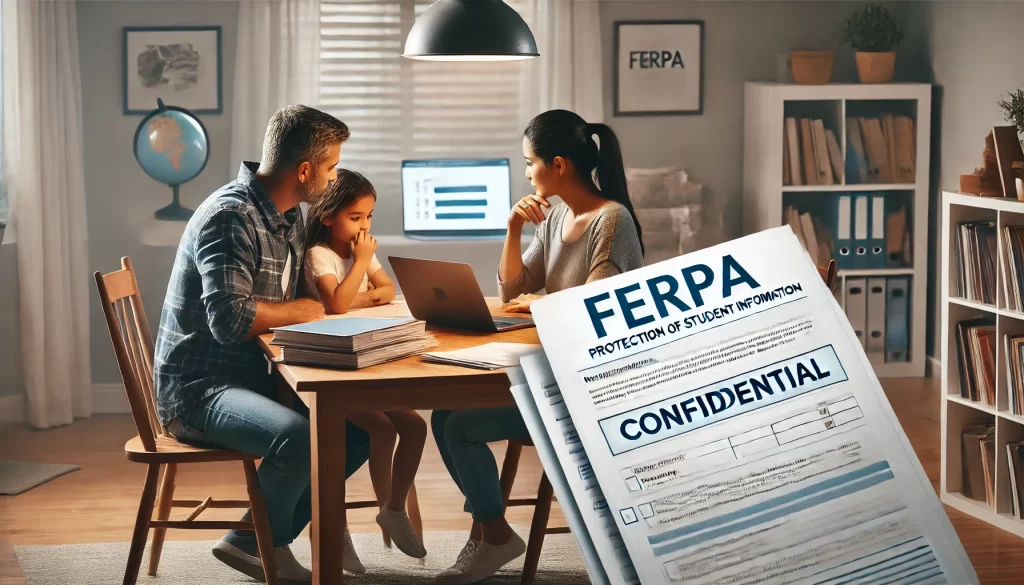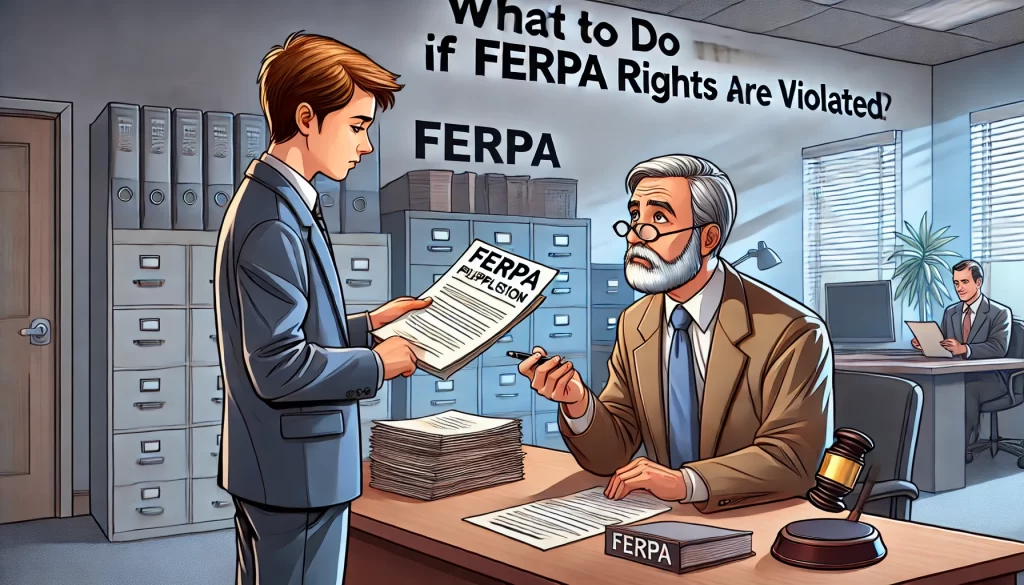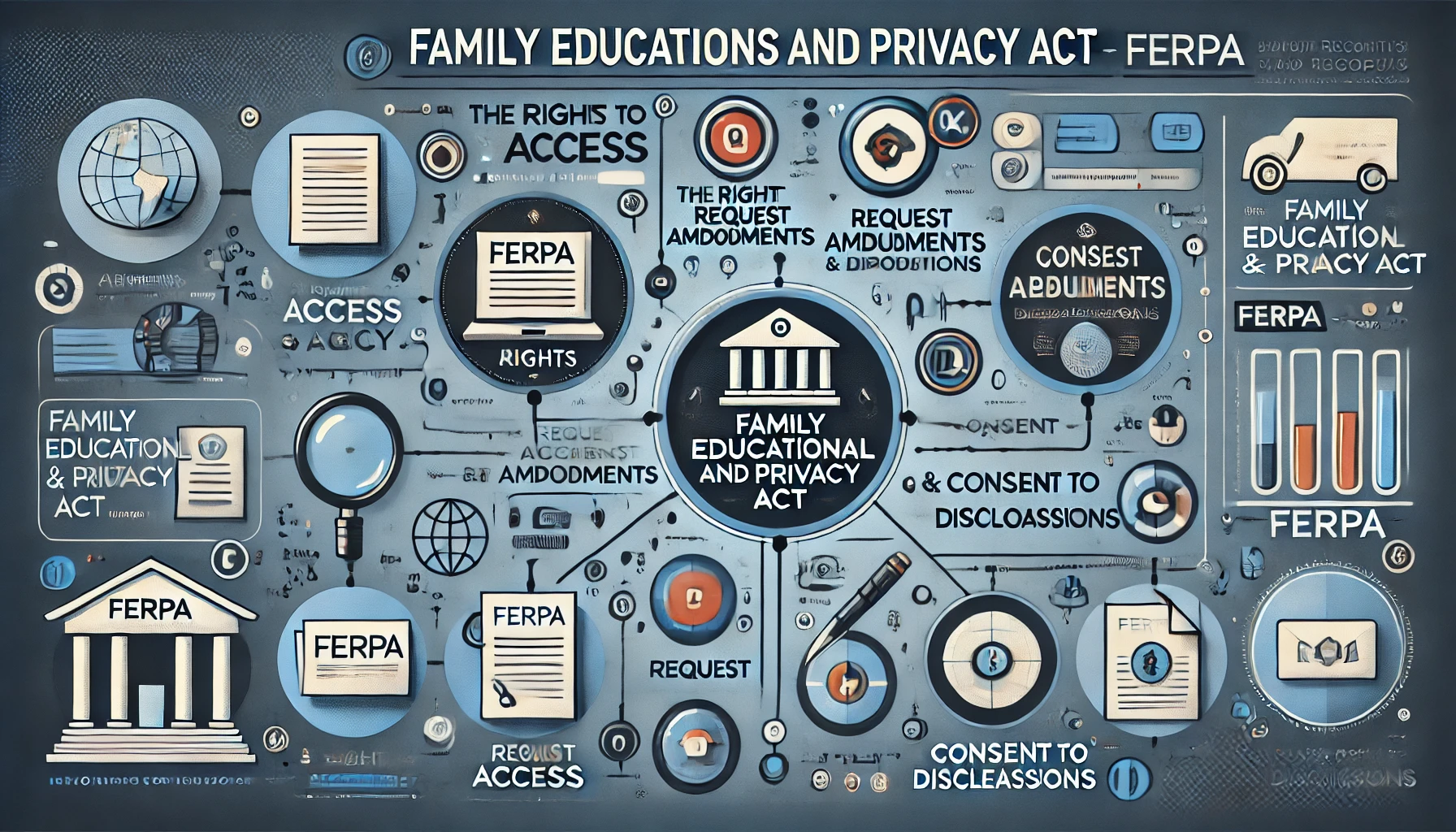Table of Contents
The Family Educational Rights and Privacy Act Wiki is a crucial resource for parents, students, and educators alike. This federal law, often referred to as FERPA, plays a significant role in protecting your child’s privacy in educational settings. With the rise of digital records and data sharing, understanding the Family Educational Rights and Privacy Act Wiki has become more important than ever. This article will explore how FERPA safeguards your child’s educational records and why staying informed about these rights is essential for every family.
What is the Family Educational Rights and Privacy Act?

The Family Educational Rights and Privacy Act Wiki outlines the basics of FERPA, a federal law enacted in 1974. This law grants parents specific rights regarding their children’s educational records. These rights are transferred to students once they turn 18 or attend a school beyond high school. FERPA ensures that educational institutions handle students’ records with confidentiality and allows parents and eligible students to access, review, and request amendments to these records.
The Importance of FERPA in Protecting Your Child’s Future

FERPA is more than just a legal requirement; it protects your child’s privacy. By controlling who can access and share your child’s educational records, FERPA helps prevent unauthorized disclosures that could lead to identity theft, discrimination, or other negative consequences. As a parent, knowing your rights under FERPA empowers you to make informed decisions about your child’s education and future.
Key Rights Under the Family Educational Rights and Privacy Act
Under FERPA, parents and eligible students have several vital rights, which include:
- Right to Access: You have the right to inspect and review your child’s educational records maintained by the school. Schools are required to provide access within 45 days of receiving a request.
- Right to Request Amendment: If you believe the information in your child’s records is inaccurate, misleading, or violates their privacy, you can request an amendment. The school must consider your request, and if they refuse, you have the right to a formal hearing.
- Right to Consent to Disclosures: Schools generally must have written permission from the parent or eligible student to release any information from a student’s educational records. However, some exceptions exist, such as disclosures to school officials with legitimate educational interests.
How Schools Handle FERPA and Your Child’s Records

Schools play a crucial role in implementing FERPA. They must establish policies to ensure compliance with the law, including procedures for handling requests to access records and maintaining the confidentiality of student information. Schools must also inform parents and eligible students about their rights under FERPA, usually through an annual notice.
Exceptions to FERPA’s Consent Requirement
While FERPA generally requires consent before disclosing a student’s records, there are specific situations where schools can release information without permission. These include:
- To school officials with legitimate educational interests
- To other schools where the student is transferring
- For financial aid purposes
- To comply with a judicial order or lawfully issued subpoena.
- In connection with a health or safety emergency
Understanding these exceptions helps you stay informed about when and why your child’s information might be shared.
The Role of Technology in FERPA Compliance

In today’s digital age, schools increasingly rely on technology to manage student records. The Family Educational Rights and Privacy Act Wiki emphasizes safeguarding electronic records. Schools must ensure that digital records are secure and that only authorized personnel can access them. This includes password protection, encryption, and other security measures to prevent unauthorized access.
Protecting Your Child’s Privacy Online
As a parent, you can also protect your child’s privacy online. Encourage your child to be cautious about sharing personal information and to understand the implications of their online activities. It is also crucial for them to be aware of how their data is used and stored by educational apps and platforms.
Also Read: Shocking Twist: Houthis Offer Education to Students in Crisis
What to Do If You Believe FERPA Has Been Violated
If you suspect that your child’s FERPA rights have been violated, it’s essential to act promptly. Discuss your concerns with the school to understand what happened and seek a resolution. If the issue is unresolved, you can file a complaint with the U.S. Department of Education. The Family Policy Compliance Office (FPCO) handles FERPA complaints and can investigate your case.
Steps to File a FERPA Complaint
- Gather Information: Collect all relevant documents and information about the suspected violation.
- Contact the School: Attempt to resolve the issue with the school first. This can often lead to a quicker resolution.
- File a Formal Complaint: If necessary, file a complaint with the FPCO within 180 days of the alleged violation. The complaint must be written and include specific details about the violation.
The Family Educational Rights and Privacy Act Wiki is an essential resource for safeguarding your child’s future by ensuring that their educational records are treated with the utmost care and confidentiality. By familiarizing yourself with the guidelines provided in the Family Educational Rights and Privacy Act Wiki, you can effectively exercise your rights to protect your child’s privacy. Staying informed through the Family Educational Rights and Privacy Act Wiki empowers you to maintain a secure educational experience for your child. Stay vigilant, stay knowledgeable, and take proactive steps to protect your child’s future.


